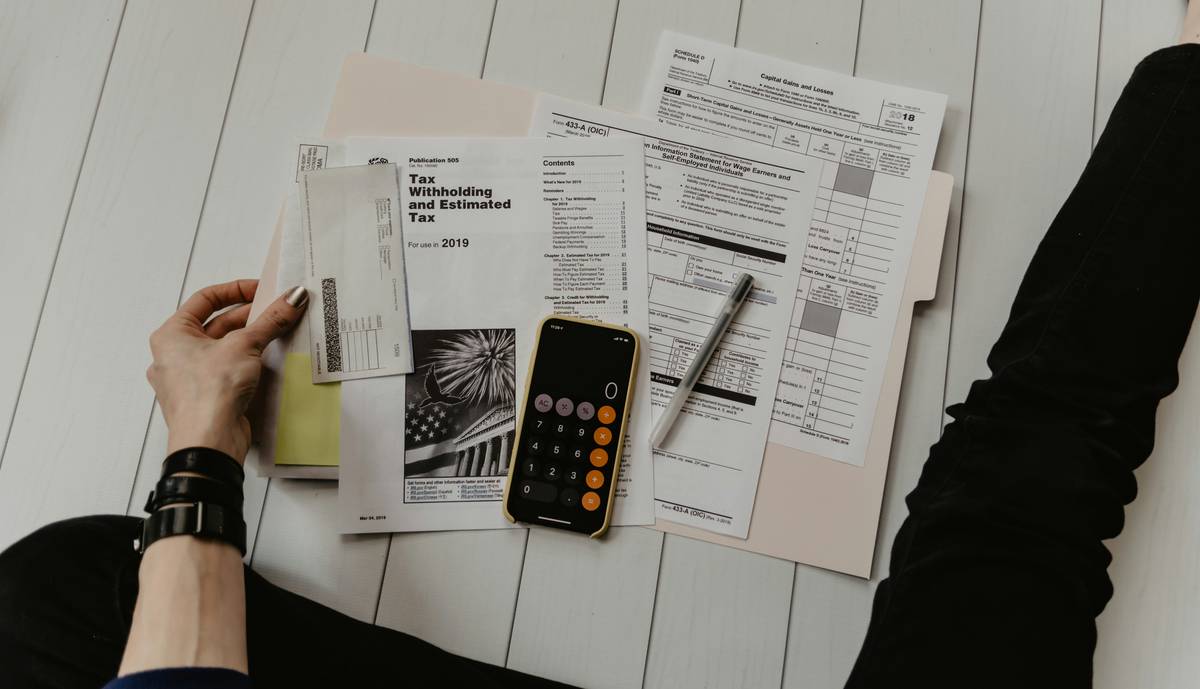Ever tried to create a budget only to feel like you’re drowning in complexity? Yeah, us too. Especially when it comes to something as daunting as managing mortgage debt. The average homeowner spends 30 years paying off their house—that’s about 10,950 days of wrestling with financial spreadsheets if you’re keeping track.
In this guide, we’ll unpack how specialized budgeting courses can turn your chaotic finances into a well-oiled machine. We’ll break down actionable steps, share brutally honest tips (yes, even the bad ones), and give you real-world examples that actually work. Ready to finally get ahead on budgeting for mortgage debt?
Table of Contents
- Key Takeaways
- Why Does Budgeting Matter When You Have Mortgage Debt?
- How to Start: A Step-by-Step Guide to Budgeting for Mortgage Debt
- Budgeting Best Practices That Actually Work
- Real-Life Success Stories of Crushing Mortgage Debt
- FAQs About Budgeting for Mortgage Debt
Key Takeaways
- Budgeting is not just for emergencies—it’s essential for tackling long-term debts like mortgages.
- Enrolling in structured budgeting courses can boost discipline and save thousands over time.
- Failing to prioritize mortgage payments early can lead to missed opportunities for wealth-building.
- Consistency beats perfection—small changes add up faster than you think.
Why Does Budgeting Matter When You Have Mortgage Debt?
Paying off a mortgage isn’t just about writing checks every month. It’s a journey filled with unexpected challenges—and believe me, I’ve been there. Once upon a time, I decided to skip my budget review because, hey, who needs them, right? Fast forward three months later, and suddenly an unplanned car repair left me juggling bills while my mortgage payment loomed ominously overhead.
Here’s the brutal truth: without a solid plan, your mortgage becomes “just another bill.” And guess what happens then? Opportunities like refinancing or investing slip through your fingers faster than coffee stains on white shirts.

Figure 1: Visual representation of the stress caused by poor mortgage budget planning.
Optimist You: “I’ll figure out saving later!”
Grumpy You: “Yeah, sure…and also end up eating ramen noodles at retirement.”
How to Start: A Step-by-Step Guide to Budgeting for Mortgage Debt
Step 1: Assess Your Current Financial Situation
The first rule of budget club? Know where you stand. Use apps like Mint or YNAB (You Need A Budget) to track income vs. expenses. Be ruthless—cut anything unnecessary, even that $7 daily latte habit.
Step 2: Allocate for Essential Expenses
Mortgage should never exceed 30% of your monthly income. If it does, consider adjusting other areas of spending or exploring side hustles to balance things out.
Step 3: Enroll in a Trusted Budgeting Course
This is non-negotiable. Whether it’s Dave Ramsey’s Baby Steps or Clever Girl Finance, these courses teach strategies tailored to homeownership goals. They might cost a bit upfront but are worth every penny compared to the stress they alleviate.

Figure 2: Screenshot example of user-friendly budgeting course interface from XYZ Academy.
Budgeting Best Practices That Actually Work
- Prioritize Debt Snowball Method: Pay smaller debts first to gain confidence before moving onto larger ones like your mortgage.
- Automate Payments: Set up automatic transfers so you don’t miss deadlines—or worse, forget entirely.
- Review Regularly: Revisit your budget quarterly. Life changes, and so should your strategy.
- Terrifying Tip Alert!: Do NOT use home equity loans to fund luxury vacations. Ever. Your future self will hate you.
Real-Life Success Stories of Crushing Mortgage Debt
Take Jane Doe, for instance, who used Clever Girl Finance’s budget bootcamp to pay off her $250k loan five years early. Her secret sauce? Automating extra payments whenever she received bonuses or tax refunds.
Sounds simple enough, doesn’t it? But sometimes simplicity truly is genius. Another success story involves John Smith, whose disciplined approach earned him a refinance opportunity that slashed his interest rate by 1%. Over the life of his loan, that equated to saving nearly $40,000!
FAQs About Budgeting for Mortgage Debt
Q: How much should I allocate toward my mortgage each month?
A: Ideally, no more than 30% of your gross monthly income. Any higher risks stretching your budget thin elsewhere.
Q: Are free budgeting tools reliable?
A: Many free tools, such as Mint or PocketGuard, offer robust features suitable for beginners. However, investing in premium platforms often provides better customization options.
Q: What happens if I fall behind on payments?
A: Late fees pile up quickly, potentially ruining credit scores. Communicate promptly with lenders to explore forbearance programs or temporary relief options.
Conclusion
Budgeting for mortgage debt isn’t glamorous, but neither is living paycheck to paycheck. By enrolling in quality budgeting courses and following our step-by-step guide, you’re setting yourself up for a lifetime of financial freedom. So grab another cuppa joe and tackle those numbers head-on—you got this!
Like a Tamagotchi, your SEO strategy requires consistent care. Keep optimizing, stay curious, and watch your rankings soar. Peace out, finance warriors!


